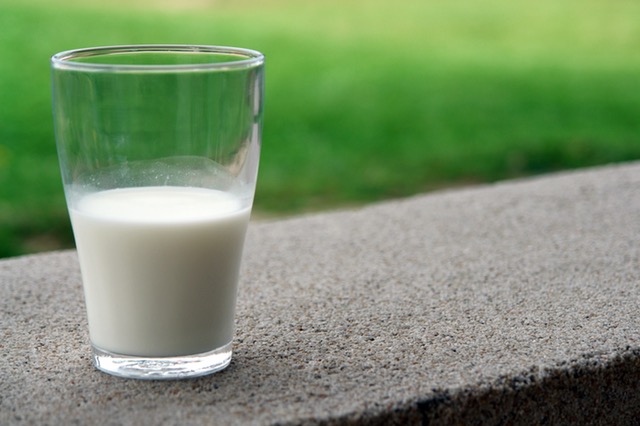Be honest. Do you do enough exercise, or are you one of those people who counts a daily workout as the walk from the car park or the train station to the office? Most of us know that inactivity is harmful to our hearts, but did you know that being bone idle can also have a negative impact on the condition of your bones? Here are some tips to help you ensure your bones are as strong and healthy as possible.
The benefits of exercise
You tend to think about burning fat and building muscle tissue when you work out, but regular exercise can also be incredibly beneficial for your bones. Just as physical activity strengthens your muscles, it can also make your bone tissue more resistant to damage. If you exercise on a regular basis, your risk of injury decreases and you’re less likely to sustain serious problems if you fall. Exercise improves your coordination, stamina, and balance, all of which make you less susceptible to slips and trips. Your bone tissue goes through cycles. When you’re young, the bones develop relatively quickly, and as you age, you lose bone density. This is why older people are at greater risk of osteoporosis or brittle bones.
All forms of exercise can be beneficial for your bones, but some are more effective than others when it comes to strengthening the bone tissue. Weight-bearing exercises are recommended by trainers and doctors. They make the bones work harder to support your body weight. Examples include lifting weights, walking, and dancing. If you do have weak bones, it’s best to avoid high-impact exercises like jumping.
The importance of your diet
Calcium and vitamin D are the key players when it comes to bone health. To prevent deficiencies and reduce your risk of osteoporosis, ensure that you get enough vitamin D and calcium from your diet. Good sources include leafy green vegetables, dairy products, nuts, and tofu. If you already have signs of osteoporosis, your doctor may recommend taking supplements to boost your calcium intake and increase bone strength. Before you add supplements to your diet, do your homework and check out pages online like AlgaeCal reviews. Ask your doctor for advice before changing your diet and combine healthy eating with targeted exercises. You may wish to work with a physical therapist or an experienced personal trainer to design a fitness plan that will complement your new diet.
Smoking and drinking
Smoking and drinking more than the recommended intake of alcohol are risk factors for osteoporosis. People who smoke are likely to have weaker bones than non-smokers and alcohol affects your body’s ability to absorb calcium. If you are a smoker and you want to try and quit, your doctor can help. There are lots of different treatments and therapies you can try, such as group support and nicotine replacement therapy. If you’re worried that you drink too much, use an app on your phone to keep track of your weekly intake and try and alternate alcoholic and soft drinks on a night out.
If you’re keen to do more to protect your bones, you’ve come to the right place. Take these tips into consideration, and kiss goodbye to being bone idle for good!
*Disclaimer: readers are advised to speak to their doctor before making any important decisions about their health.

 Image credit
Image credit  Image credit
Image credit Image credit
Image credit



